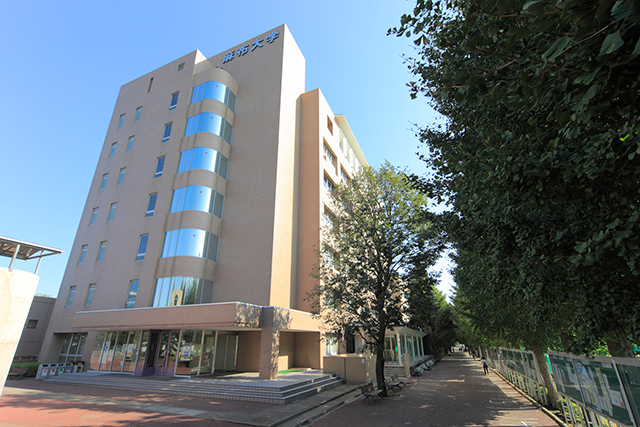A research group from Azabu University, Okayama University, and Miyazaki University found that infection with bovine infectious lymphoma virus (BLV) changes the gastrointestinal flora of cows. It is hoped that this will be useful in elucidating the full extent of the damage caused by BLV.
BLV does not develop lymphoma immediately after infection, and even after the onset of lymphoma, it is very low, accounting for only a few percent of cases, so it has not been considered a major problem until now.However, the infection rate of BLV in Japan is extremely high at 30-40%, and it has been pointed out that it causes a decline in milk production, reproductive performance, and deterioration of health conditions, but the mechanism by which BLV reduces cow productivity is unknown. It was unknown.
The research group focused on the bacterial flora and nutritional components in the blood (volatile fatty acids; VFA), which have been attracting attention in recent years, and investigated changes in the bacterial flora and nutritional status due to BLV infection.
The research involved analysis of nutritional components in the blood and bacterial flora in the rumen and intestines of 42 dairy cows kept on farms in Japan.As a result, there were no differences in blood nutritional components between the non-infected group and the BLV-infected group.Furthermore, no major differences were observed in the rumen bacterial flora.
However, slight changes in the intestinal flora were observed in BLV-infected cows.Next, we conducted an analysis of the relationships between bacterial species (co-occurrence network analysis).As a result, we found a long-term and slight imbalance in the bacterial flora in the rumen and intestines of the BLV-infected group.
Although this change is small, it is consistent with the fact that BLV infection does not cause immediate symptoms, and is associated with long-term consequences for cows, including not only the development of lymphoma but also a decline in milk yield and meat quality, poor reproductive performance, and deterioration of health. It is believed that this is having an impact on the health of people.These results indicate that BLV may have a negative impact on the health of cows, even if they remain asymptomatic throughout their lives.


